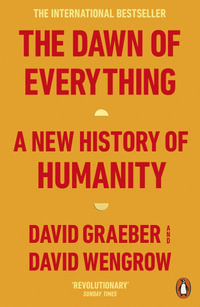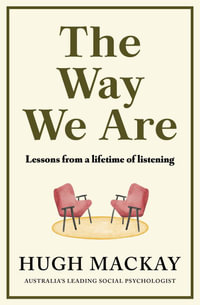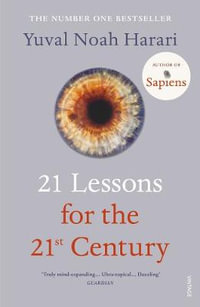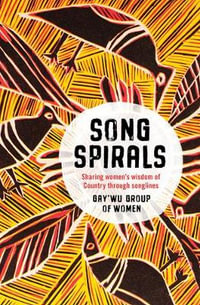Design and Anthropology challenges conventional thinking regarding the nature of design and creativity, in a way that acknowledges the improvisatory skills and perceptual acuity of people. Combining theoretical investigations and documentation of practice based experiments, it addresses methodological questions concerning the re-conceptualisation of the relation between design and use from both theoretical and practice-based positions. Concerned with what it means to draw 'users' into processes of designing and producing this book emphasises the creativity of design and the emergence of objects in social situations and collaborative endeavours. Organised around the themes of perception and the user-producer, skilled practices of designing and using, and the relation between people and things, the book contains the latest work of researchers from academia and industry, to enhance our understanding of ethnographic practice and develop a research agenda for the emergent field of design anthropology. Drawing together work from anthropologists, philosophers, designers, engineers, scholars of innovation and theatre practitioners, Design and Anthropology will appeal to anthropologists and to those working in the fields of design and innovation, and the philosophy of technology and engineering.
Industry Reviews
'The book is innovatory, ambitious and important. It asks a radical question: "What methodological transformations in design practices are necessary to build better relations between designing and using?". In the text distinctions between design, production and use, between perception, creativity and skill, are questioned, while anthropology, engineering, management, archaeology, philosophy, theatre and communication studies are challenged to find a common language of engagement. "Design anthropology" is a burgeoning field and this book is a significant development.' Nigel Rapport, University of St Andrews, UK 'How to think about design? This is one of the key challenges of our future-obsessed times and this book is a provocative contribution to the debate. Focusing on the concrete and the mundane whilst sharpening the conceptual tools for understanding sociotechnical change, its essays thoroughly complicate the popular but misleading notion that design equals experts solving given problems.' Eeva Berglund, author of Knowing Nature, Knowing Science and Legacies of Empire and Spatial Divides ' ... this book to be of great importance because it speaks about previously unwritten aspects on how design can be understood and used in our everyday lives.' Qualitative Research
























